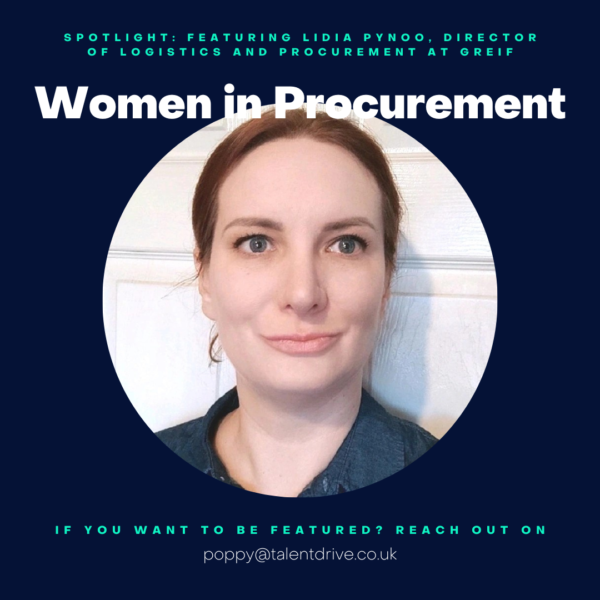“Your role in procurement is to achieve and to promote the aims of the business.”
Daniel Barnes, Founder of World of Procurement and host of the World of Procurement Podcast works across all sectors of procurement, which in itself is pretty niche. Starting his career with a degree in Commercial Law and a Masters in IT and Commerce Law, Daniel truly found his passion within the world of procurement.
Martin and Dan touch on a variety of topics but mostly around the need to humanise and change mindsets of those working in procurement. As professionals in the industry, they need to be acting more like business people – considering the business as a whole, realigning business goals and targets to that of the CEO’s or your Directors.
This episode of Talent Talks covers:
- What makes a good procurement employee
- Neglect of contract management
- Differences in the global approach to procurement
- Problems in procurement networking and conferencing
- The future of procurement through Daniel’s lense
Links & References:
- Daniel Barnes: https://www.linkedin.com/in/danielbarnesgsd/
- World of Procurement: https://www.linkedin.com/company/worldofprocurement/
- World of Procurement: https://www.linkedin.com/company/worldofprocurement/
“So if your CEO or, your leadership team tells you that actually, you can’t do as much of that typical procurement work, you need to get more inline to the business think a little bit, I don’t want to use the term “entrepreneurial,” but just think like a business. How can we do this a little bit faster? And people might say this is cutting corners, and they might be right. But actually, you’re aligning yourself to the business, you’re doing the best with the time and the resources you’ve got.”
“I think it’s getting outside of your bubble. I see procurement teams stay very solid. They will send a lot of emails, maybe be a little bit reluctant to jump on a phone call. But if they do, that’s kind of as daring as they get within the business.”
“I think doing that work up from getting the early engagement piece right, building that relationship with your stakeholders, that’s the difference because you get that bit right, everything else flows, and they’re still going to be challenges. But if you have that relationship, if you already know what’s coming in, if you know your pipeline of requirements that’s coming through because you’ve built that relationship, they’re going to talk to you about what they need, you can easily start churning in a really efficient way not without or for any attention..”
“Obviously, I don’t neglect the technical skills, you need them. But as soon as you get everyone on your side it’s possible because you just talk to them like they’re a human being and you know, you have some genuine interest in what they’re trying to achieve and how they want to do it and try to make that happen. It becomes so much easier. “
“I think this is the thing, people don’t really know what procurement is. It’s nothing complicated. People make it complicated in the profession, and that’s what’s scared off so many people.”
I think it’s poor leadership within that business. I think there’s always the pressure to get whatever it is you’re procuring out of the door, get those tenders, the request for quotation proposals out the door. So a lot of effort goes into that stage. And I actually think that the pre-sourcing stage is really neglected as well. I think doing your market analysis, building out relationships, building up a good requirement.
“If you’re not proactively managing all of your supply chain from start to finish, you’re not going to get the results.”
“People talk about building from the bottom up, that’s absolute nonsense. You can do as much as you can from the bottom up, but you don’t have in the way in which businesses are structured, you don’t have any power. And if you think you, you do have power, you’re delusional. What you do have though, is the ability to stay true to yourself and if that organisation isn’t going to meet your expectations, you can go somewhere else that might meet your expectations. But it starts with leadership and if your leadership is thinking, like a technician, over a business leader, that’s it, you’re done that business is not going to do well.”


